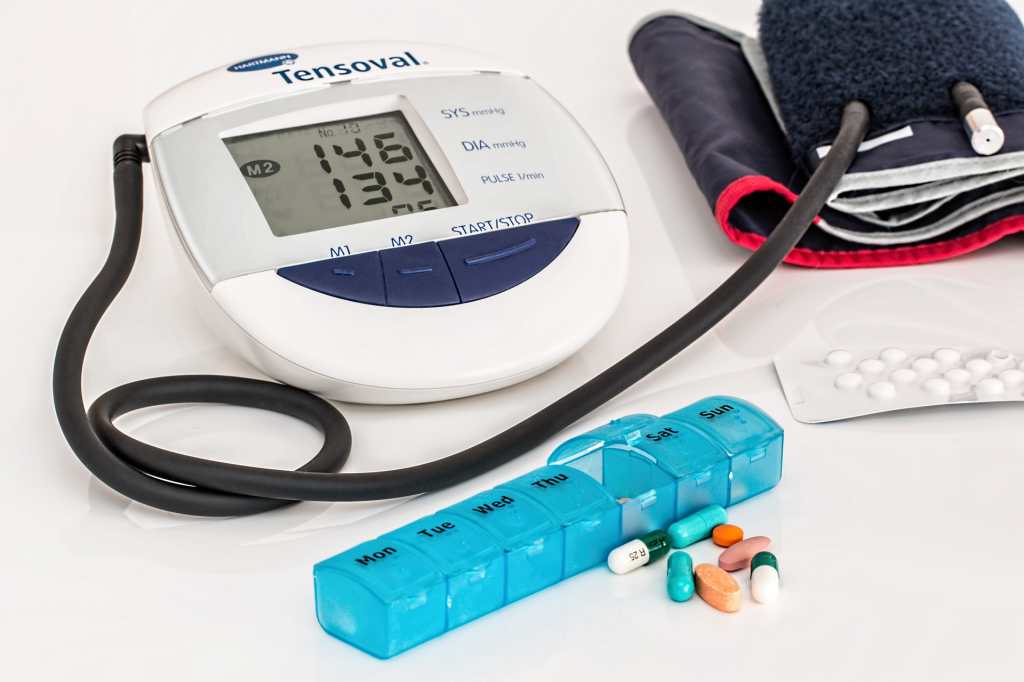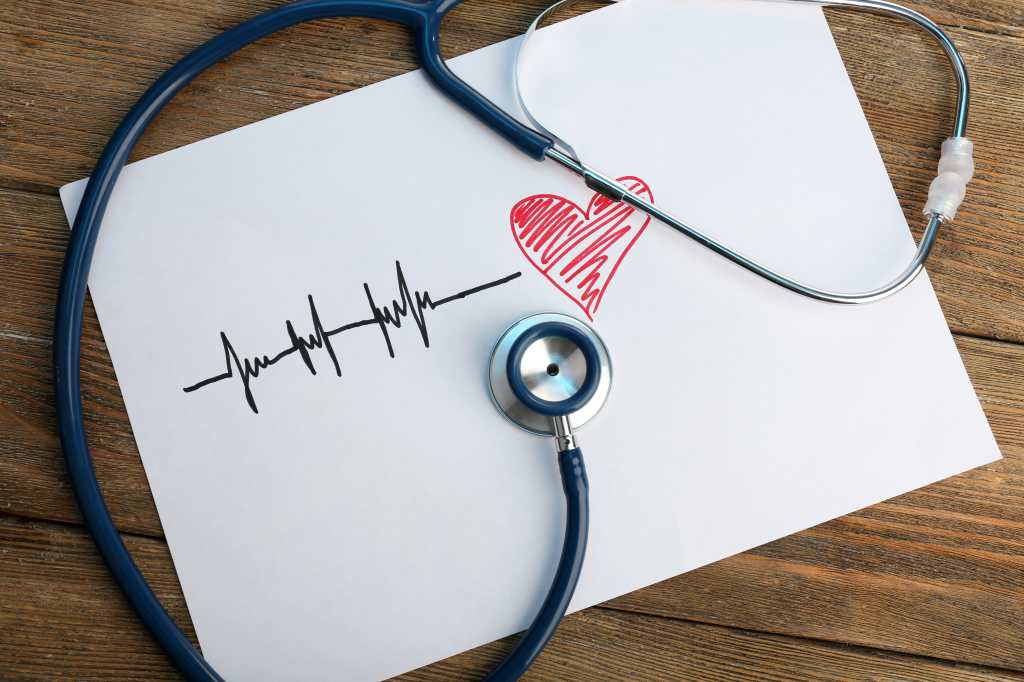One in five people over 40 years of age may develop heart failure. Is it possible to prevent this situation?
Feeling like he was drowning when walking short distances, constant coughing, and going so far as to sleep sitting up due to apparent lack of air were the reasons why Clemente, 50, arrived at the hospital.
While he thought it was a problem of an unresolved cough, he did not imagine that they would tell him it was a typical case of heart failure, a disability in which blood does not reach the entire body.
Doctors needed to determine what was causing the problem. His blood pressure was high and his smoking habit was complicating the situation, so they worked on these aspects to improve his health and, in part, to recover his normal activities.

Seeking help in time saved his life. “In some cases, patients suffer from these symptoms for too long and when they go to the doctor, it is too late and the heart has almost stopped working,” says cardiologist Johnny Fuentes.
Fuentes emphasizes that there are three stages of failure, and it is not classified according to symptoms but rather by the function of the left ventricle using an echocardiogram or ultrasound.
These tests are noninvasive and seek to determine whether the function is above 50 percent, which is considered normal; or whether it is between 40 and 50, which represents an intermediate function, or less than 40, which is reduced.
“This last stage is the most dangerous because a higher percentage of people die when they are already in this condition,” says Fuentes. This is because Guatemala still does not have the technology of other countries that are looking for solutions, which even include heart transplants, which at this point could give the patient a new chance at life, adds the specialist.
Causes: Uncontrolled diseases and the relationship with cancer
Any symptoms require medical follow-up.
As mentioned above, symptoms include shortness of breath. “In other people, swelling of the legs and feet occurs,” adds Javier Falla, clinical and interventional cardiologist.
In addition, there are irregular heartbeats, lack of appetite, and weight gain due to fluid retention, among others.
Heart failure has several causes. The Mayo Clinic says it occurs especially after other conditions that have weakened the heart, including a heart attack or stroke.
This could be the strongest due to the damage it represents to this organ.
Sometimes the patient thinks that this is just abdominal pain and does not seek medical attention, and during this time the heart deteriorates further, and heart failure results.
Dr Falla also explains that uncontrolled chronic diseases such as diabetes and hypertension are responsible.

Serious infections, allergic reactions, blood clots, and the use of medications cannot be left unmentioned as causes.
Smoking is also linked. “It is not that cigarettes cause heart failure, but that they are one of the main causes of heart disease and heart attacks, and not quitting increases the likelihood of heart failure and other complications,” Fuentes adds.
Doctors insist on monitoring cancer patients.
A study conducted by the Mayo Clinic showed that women treated for breast cancer or lymphoma have a higher risk of developing breast failure.
Data from the Rochester Epidemiology Project were analyzed, with participants diagnosed with the disease between 1985 and 2010, compared with age-matched cancer-free participants with similar risk factors.
The results showed that five years later the risk was three times higher for those who were cancer survivors and received treatment with anthracyclines. The recommendation is to follow up with a cardiologist and oncologist to reduce heart damage.
Treatments
When a heart failure is diagnosed, follow-up is necessary. One of the rules is to continue with the treatments and, even if you feel well, not to stop taking the prescribed medications, as this could cause a health crisis.
Medicines help the heart work better, prevent blood clots, and reduce risks, experts say.
Fuentes adds that some devices are implanted in the heart, which could help the patient. There are also ventricular support devices.

While undergoing treatment, a lifestyle with healthy habits is suggested, including taking care of your diet and maintaining an adequate weight, as well as controlling blood pressure and blood sugar levels.
Nutritional support is essential. Your doctor may limit the amount of salt you consume.
As part of the treatment, rehabilitation may be suggested so that the patient remains active and partially recovers his or her life, as normal as it was before being diagnosed.
Recommendations
The Spanish Society of Cardiology also provides guidance on some essential points in the daily life of patients with this condition.
- Weigh yourself daily at the same time before eating. Report any weight changes, especially weight gains. You may be retaining fluids.
- Control risk factors such as cholesterol, hypertension, diabetes, smoking, and obesity.
- Eat a balanced diet monitored by a specialist. Avoid eating salt, increase consumption of fruits and vegetables, and reduce fats.
- Avoid smoking and drinking alcohol.
- The specialist doctor will indicate the type and amount of exercise that should be practiced. Consult about how to resume sexual life, if it has been interrupted.
- Never stop taking your medicine. Keep track of your medication schedule.
- If you forget to take a medication, do not double the dose unless your doctor tells you to.
Sources: Johnny Josué Fuentes Fuentes, internist, cardiologist, and interventionist, telephone 2441-5271. Javier Falla, clinical and interventional cardiologist, telephone 2250-0518. Mayo Clinic. Spanish Society of Cardiology. World Health Organization.























+ There are no comments
Add yours